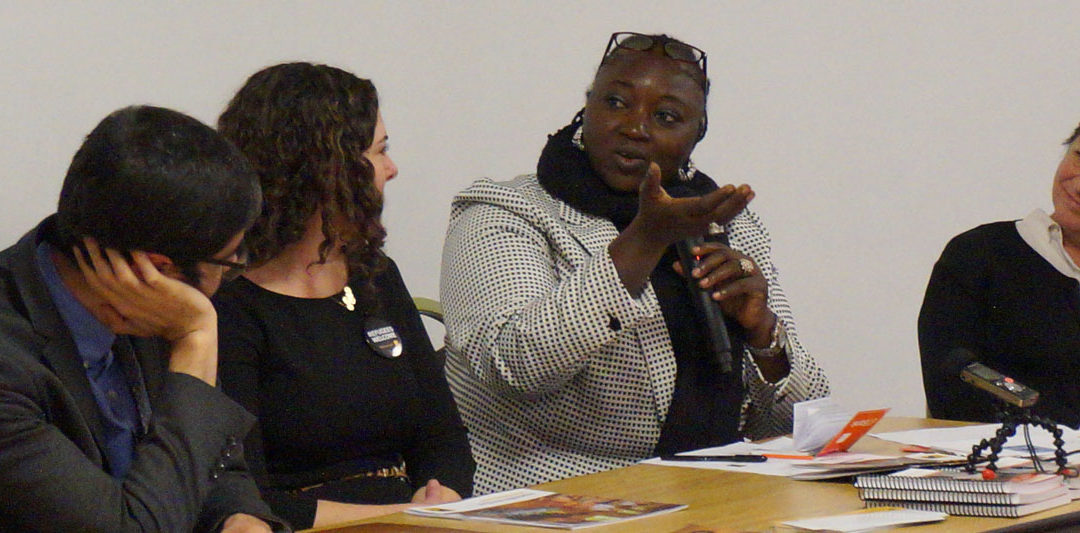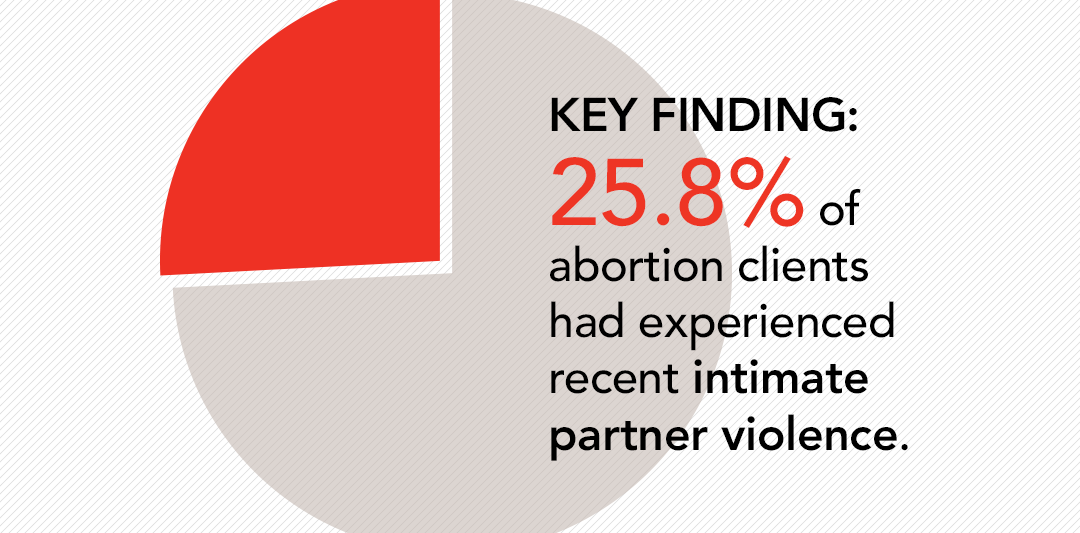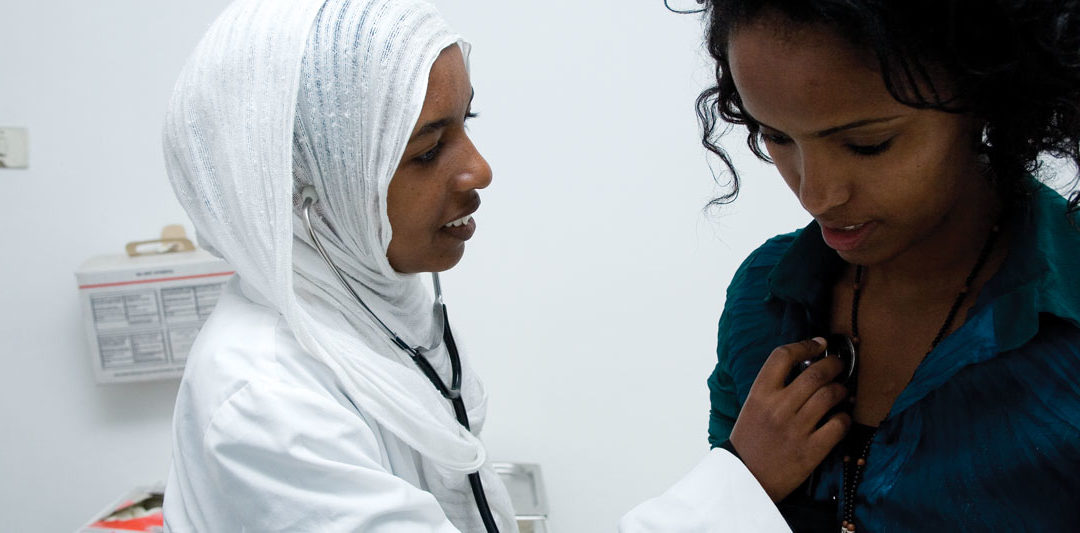
Apr 27, 2017 | News
Medical abortion gives women the option to take pills to have an abortion instead of having a surgical procedure. A new article by researchers from Ipas and Advancing New Standards in Reproductive Health (ANSIRH) at the University of California, San Francisco (UCSF), lays out a regulatory pathway for medical abortion to be made available without a prescription.
Apr 25, 2017 | News
Even though abortion is legal in South Africa for a broad range of indications, many women still encounter barriers when trying to access safe abortion care. Medical abortion, or abortion with pills, is not available in all areas of South Africa and has the potential to greatly improve women’s abortion access. Two new articles by […]

Mar 22, 2017 | News
An estimated 26 million women and girls of reproductive age live in refugee camps and other crisis settings around the world. They experience increased levels of exploitation, sexual violence and transactional sex, which can lead to unwanted pregnancy. But their access to contraception, safe abortion care and other reproductive health services is often minimal or […]

Mar 20, 2017 | News
Abortion is legal in Zambia, but as the authors of a new study note, “the reality is far more complicated.” Very few women know they have the right to have an abortion or know where to seek this care. Unsafe abortions have caused unnecessary deaths in Zambia, even among women who have the right to […]

Mar 10, 2017 | News
Research has shown for some time that physical or sexual violence perpetrated by a woman’s husband or sexual partner leads to poor reproductive health outcomes. But two recent Ipas-led studies conducted in Bangladesh shed light on some specific questions: What influence does intimate partner violence have on reproductive outcomes among women seeking abortion and on […]

Mar 7, 2017 | News
A new Ipas study shows Ethiopia has greatly improved the availability of safe abortion care throughout the country—a significant accomplishment since the abortion law was liberalized in 2005 and a strong testament to the Ministry of Health’s commitment to advancing women’s reproductive health and rights. The new study, A decade of progress providing safe abortion […]
Mar 3, 2017 | News
When it comes to ensuring women and girls receive high-quality abortion care, Ipas combines the latest evidence with lessons learned in collaboration with health professionals globally to produce broadly relevant and useful clinical recommendations. “Ipas’s clinical staff, trainers and partners are continuously learning from the unique challenges and opportunities they encounter in Ipas-supported health facilities—often […]
Feb 28, 2017 | News
The overregulation of mifepristone in the United States is not only medically unnecessary, but also harmful to women seeking medical abortion, asserts a commentary published last week in the New England Journal of Medicine. In the developing countries where Ipas works, similar harm results when women can’t access mifepristone due to regulations or high cost […]
Feb 8, 2017 | News
By Liza Muringo Kimbo, Ipas Africa Alliance country director At the end of January 2017, I, along with more than 70 representatives from governments, inter-governmental institutions, national human rights institutions, civil society, medical associations, law enforcement agencies, youth and academia, took part in the Africa Leader’s Summit on Safe, Legal Abortion in Addis Ababa, Ethiopia. […]
Jan 23, 2017 | News
More than 22 million women every year—almost all in developing countries—will have an unsafe abortion because they lack access to safe, high-quality abortion care. There are 225 million women in developing countries who want to avoid pregnancy but lack access to modern contraception. Death from pregnancy-related causes is the second-leading killer of teen girls and […]





